Japan PMI Manufacturing was finalized at 54.3 in December, slightly lower than November’s 54.5. But that was well above 2021’s average of 52.7. Markit said output and new orders increased at slower rates. Employment level rose at fastest pace in nearly four years. Business optimism eased to four-month low.
Usamah Bhatti, Economist at IHS Markit, said: “Domestic markets were buoyed by a gradual recovery from the COVID-19 pandemic however a sharp rise in cases, particularly in South Korea, hindered international demand and continued to disrupt supply chains across the sector… Delivery delays and material shortages remained a dampener on production and sales… Average lead times across the final quarter of 2021 deteriorated further… Though still optimistic, Japanese goods producers were wary of the continued impact of the pandemic and supply chain disruption, which resulted in confidence dipping to the softest since August.”




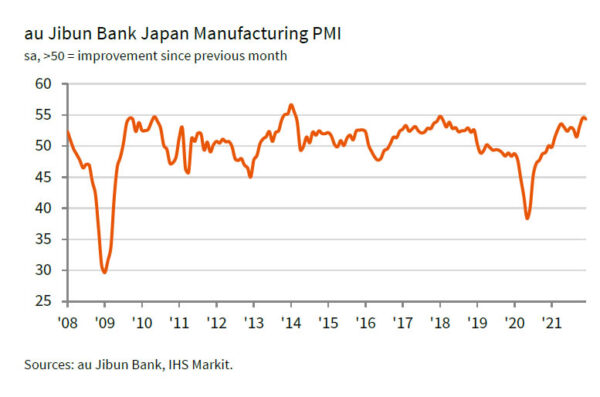

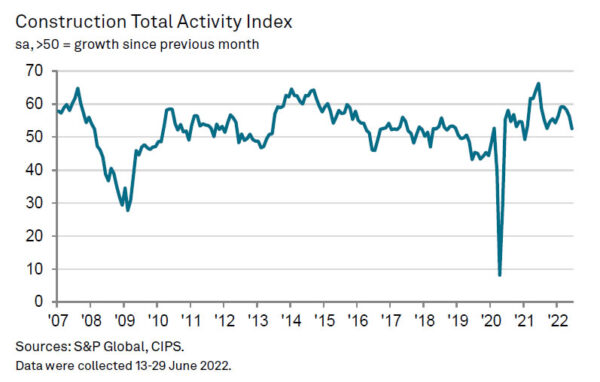
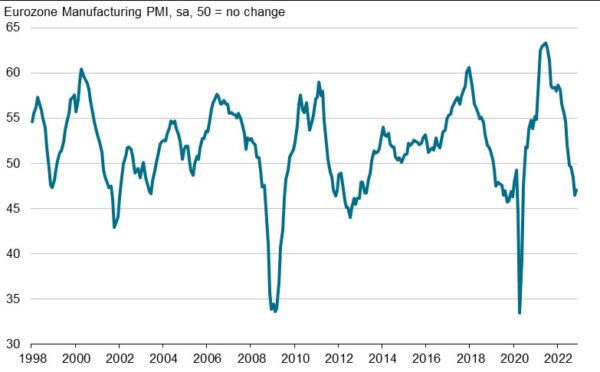
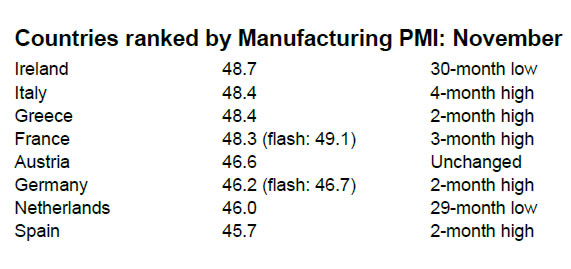
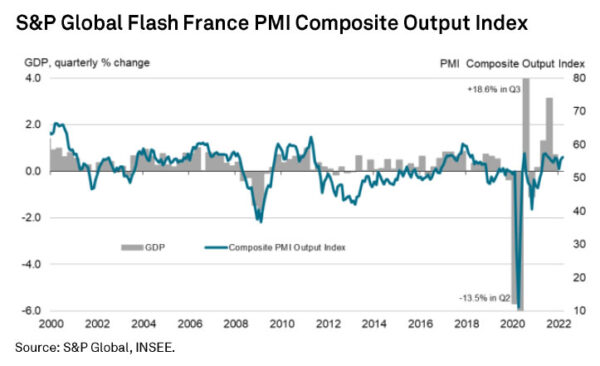
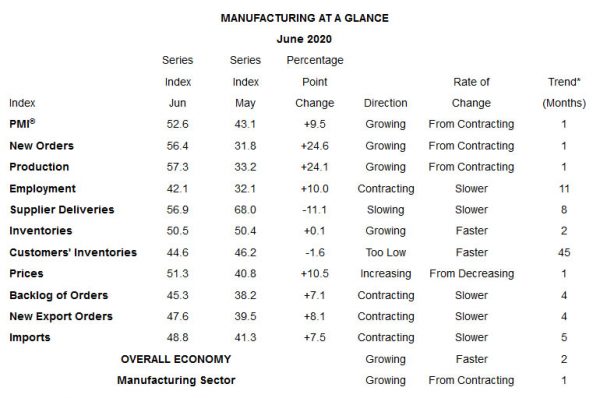
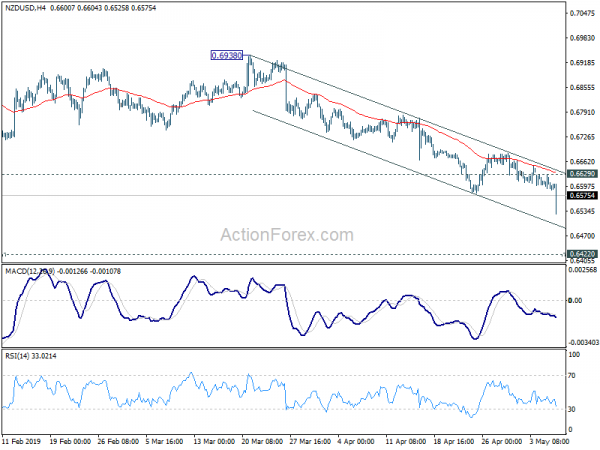
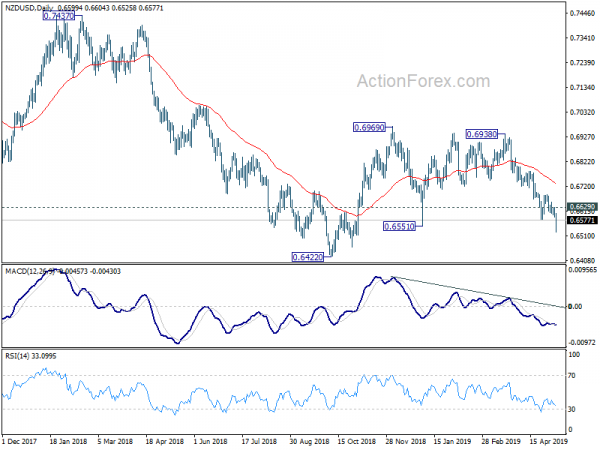
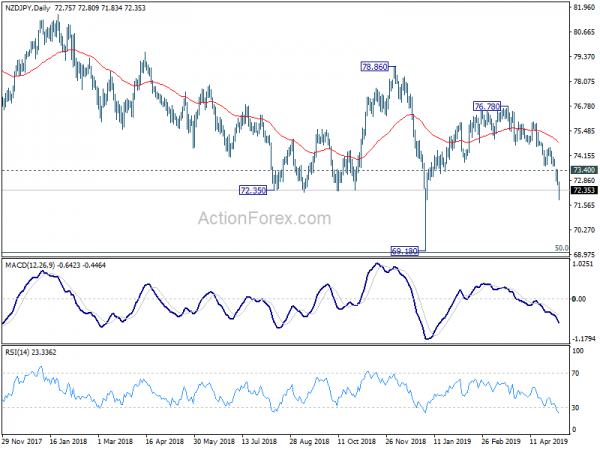
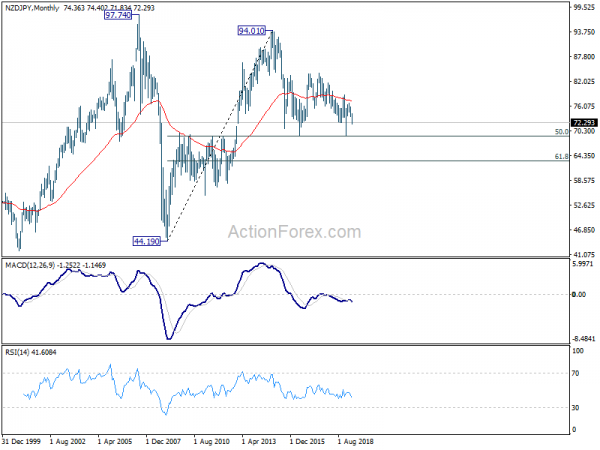
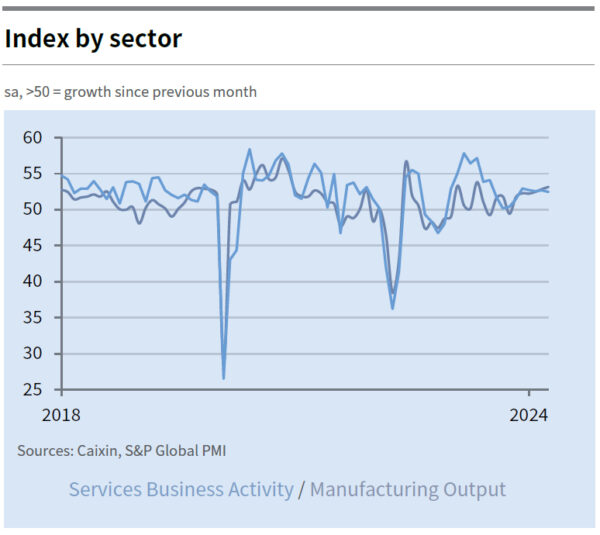
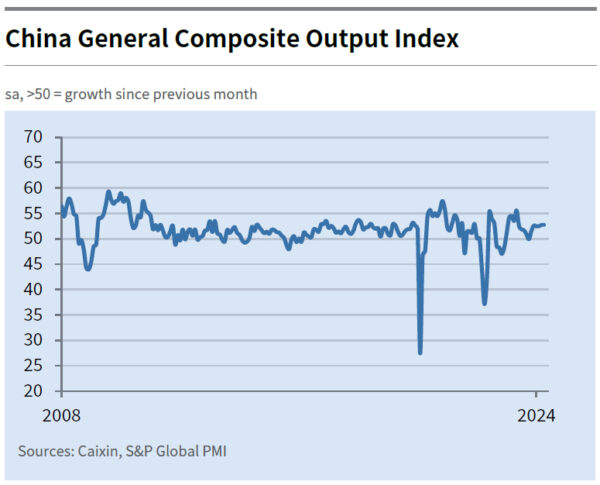

Australia unemployment rate dropped to 3.5%, lowest since 1974
Australia employment grew 88.4k in June, above expectation of 30.0k. Full time jobs grew 52.9k while part-time jobs rose 35.5k. Unemployment rate dropped sharply from 3.9% to 3.5%, below expectation of 3.8%. That’s the lowest level since August 1974. Participation rate rose from 66.7% to 66.8%. Monthly hours worked was essentially unchanged at 1856m.
Bjorn Jarvis, head of labour statistics at the ABS, said: “The 3.4 per cent unemployment rate for women was the lowest since February 1974 and the 3.6 per cent rate for men was the lowest since May 1976.”
“The large fall in the unemployment rate this month reflects more people than usual entering employment and also lower than usual numbers of employed people becoming unemployed. Together these flows reflect an increasingly tight labour market, with high demand for engaging and retaining workers, as well as ongoing labour shortages.”
Full release here.